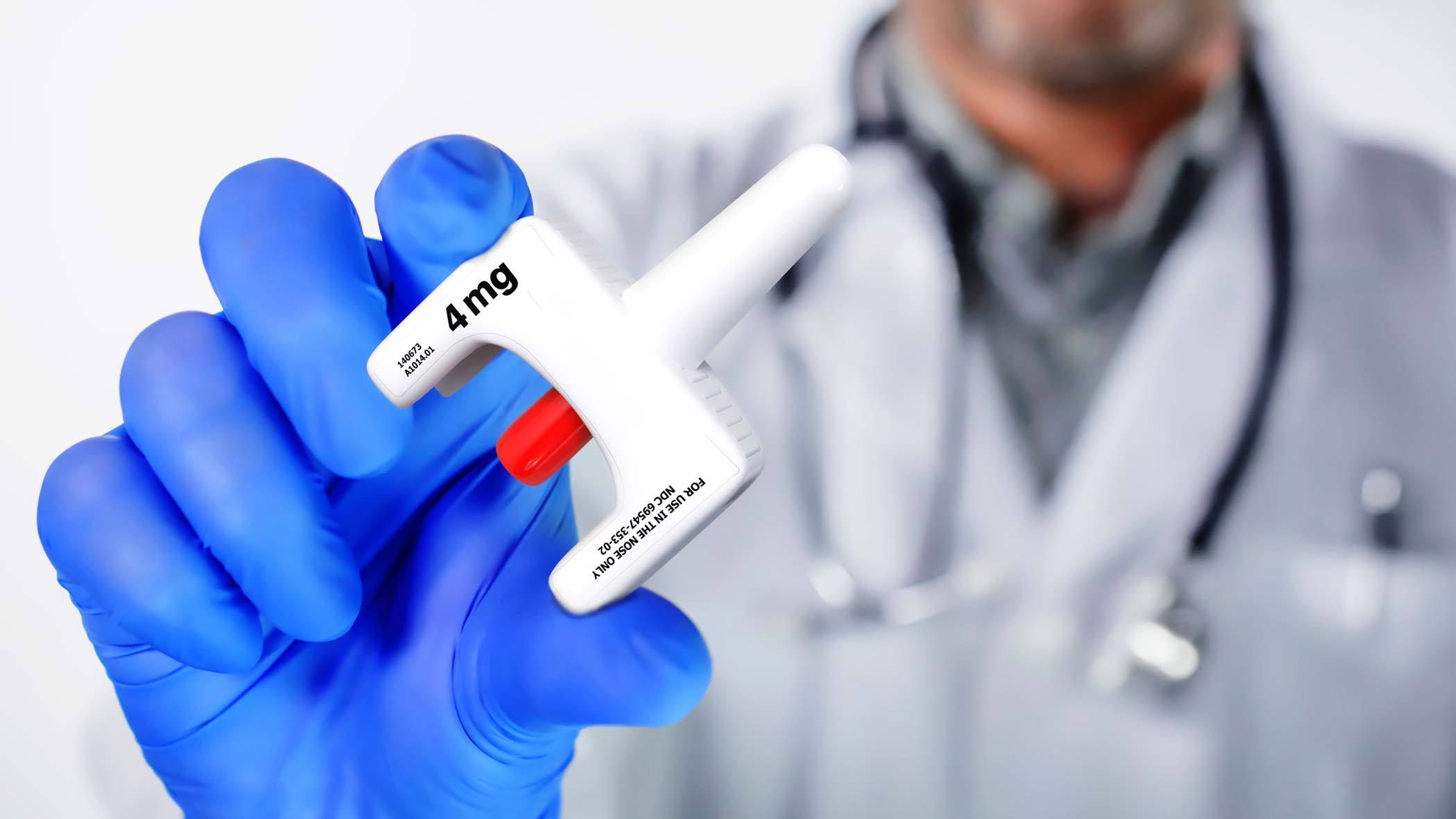Naloxone can save lives.
It’s a drug that can quickly reverse an overdose of opioids like heroin, fentanyl, oxycodone, and codeine. Naloxone works by reversing and blocking the effects of opioids. Narcan is a brand commonly known to the public. The drug itself is the same. Understanding what naloxone is, how to get it, and how to use it is important. In 2020,
opioids were involved in nearly 75% of overdose deaths, according to the Centers for Disease Control and Prevention. Here’s a breakdown of what you need to know about naloxone.
Who can carry naloxone and where they get it
Anyone is allowed to carry naloxone to help respond to an overdose. Some pharmacies carry it and can give it to you with or without a prescription. Many community-based programs, local public health groups, and local health departments also give it out for free.
If you plan to carry naloxone, getting training on how to use it is important. In Indiana, you can get a naloxone kit and training for free through the Indiana Department of Health and your local health department.
How and when naloxone is used
Naloxone is designed to reverse the effects of opioids. It won’t reverse overdoses from other substances like cocaine or methamphetamine. Naloxone can be administered as a nasal spray or it can be injected into a muscle, skin, or vein.
It works to reverse an opioid overdose for 30 to 90 minutes, meaning someone can experience the symptoms of an overdose after the dose has worn off. Even when you have administered naloxone, always call 911 in order to get someone immediate medical attention.
What to know about side effects and risks
If you give someone a dose of naloxone, stay with them until more help arrives. It’s important to know that they might experience withdrawal symptoms like headaches, a rapid heart rate, and sweating. However, these symptoms are not as much of a risk as the risk of dying from an overdose.
Naloxone won’t harm someone if they’re overdosing on something other than opioids, so it’s safe to use if you think someone is overdosing. It does not have harmful effects even if opioids aren’t present.
How to help someone with an addiction
If you or someone you know is suffering from addiction, know that resources and help are available. At Valley Oaks Health, we offer resources like crisis intervention and substance use treatment.






